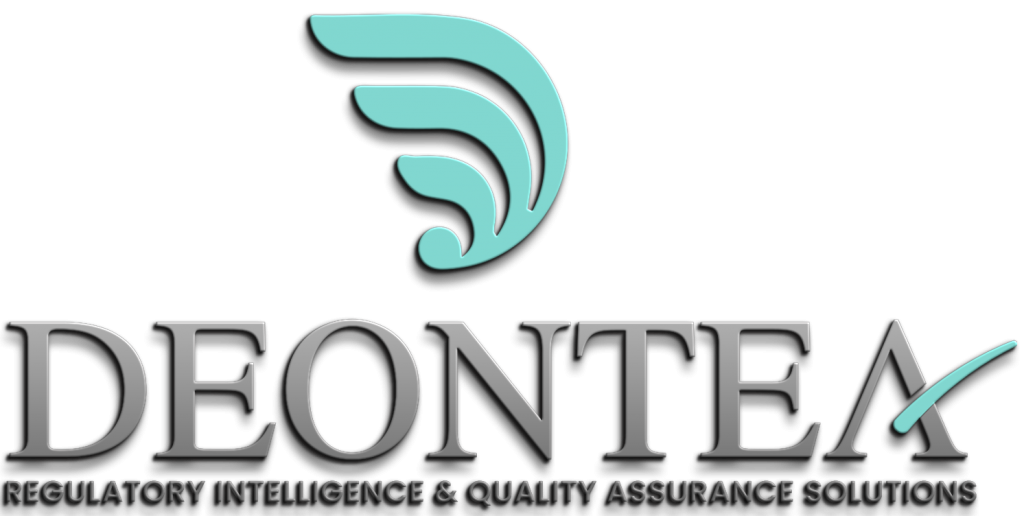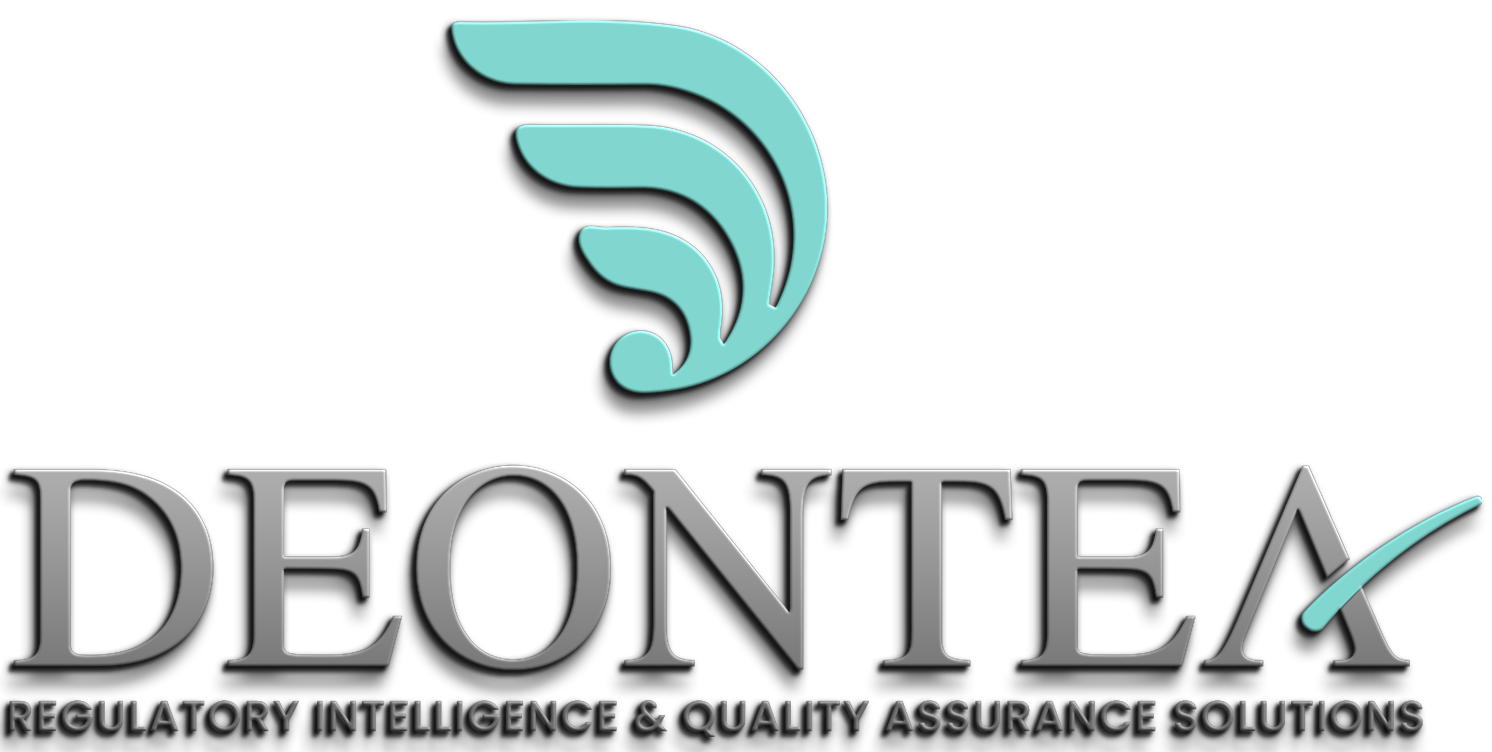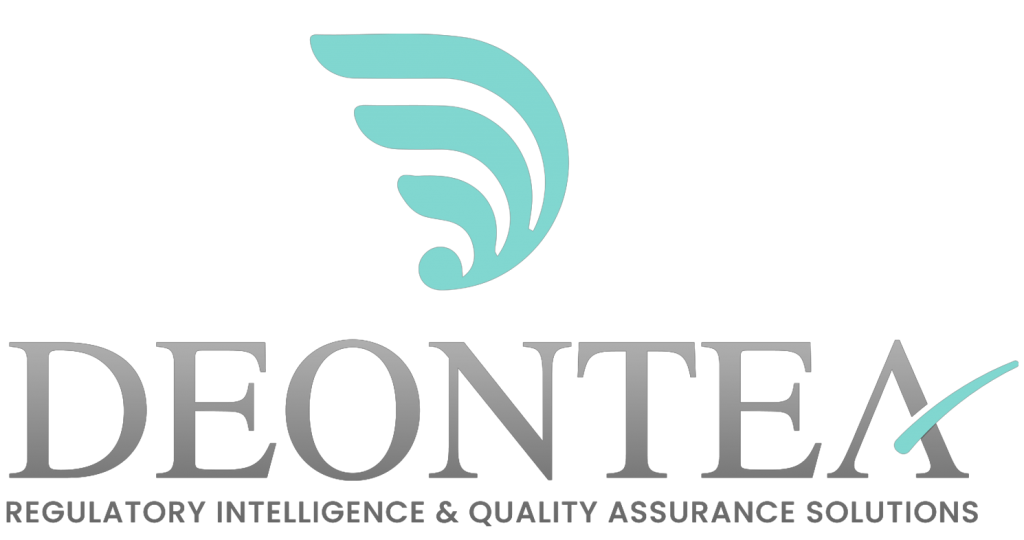SRD II: Insights and Challenges
In May 2017, the European Union has recast the Directive governing shareholders rights with the aim of improving shareholders long term engagement and enhance transparency between companies and shareholders: Directive 2017/828, (“SRD II”).
The second Recital indicates that the financial crisis has revealed that shareholders in many cases supported manager’s excessive short-term risk taking and that the current level of “monitoring” of investee companies and engagement by institutional investors and asset managers was inadequate and led to suboptimal corporate governance and performance.
One may say that this set of rules is a full part of the new ESG framework EU is trying to establish.
Transposition calendar
SRD II that had to be transposed into member states national laws by June 2019, is substantially modifying the existing landscape and is bringing into scope numerous new stakeholders. The last part of the new regulatory framework will come into force on 3rd September 2020, Commission Implementing Regulation 2018/1212 and the EU Commission has clearly stated that no postponement will be granted despite Covid19 crisis.
Whilst most of the provisions of SRD II should have already been implemented, the Regulation is the challenging part: it provides rules on information transmission channels, content of information to be transmitted and deadlines of transmission. The most impacted stakeholders are expected to be the intermediaries as defined here-below:
Scope
The Directive applies to companies that have their registered office in a member state and whose shares are admitted to trading on a regulated market situated or operating in a member state and to a range of financial intermediaries to the extent that they provide services in relation to the shares of those companies and/or invest into them such as Institutional investors – new –, Asset managers – new –, other intermediaries (e.g. credit institutions, investment firms, central securities depository which provides services of safekeeping of shares, administration of shares or maintenance of securities accounts) – new – and proxy advisors.
SRD II has an extraterritorial reach: third country intermediaries will have to comply with part of the Directive and/or the implementing regulation if they provide relevant services to other intermediaries in scope and/or shareholders of shares of EU companies.
Requirements (High level overview)
Issuers: shall establish a remuneration policy for Directors & senior management and allow shareholders to question and hold a vote on that policy, shall report annually on remunerations granted and publish the results on their website for 10 years, shall ensure an independent assessment of material transactions with related third parties and that those transactions are made public and published on their website for 10 years, shall ensure that their shareholders are adequately informed on the agenda of general meetings, may vote without any discrimination and receive confirmation that their vote were adequately casted among others.
Institutional investors: shall publish annually an engagement and voting policy on how their investment strategy aligns with the profile and duration of their liabilities including how they ensure/monitor that the asset managers comply with the policy and shall report annually and disclose publicly on how the policy has been implemented including a general description of the voting behavior and an explanation of the most significant votes and use of proxy advisors.
Asset Managers: shall publish annually an engagement and voting policy that includes information on how they integrate shareholder engagement in their investment strategy and how that policy is implemented, shall disclose to their institutional investors how their equity investment strategy aligns with the profile and duration of the clients liabilities and shall report annually on how the policy has been implemented, including general description of the voting behavior and an explanation of the most significant votes and use of proxy advisors.
Proxy advisors: shall adopt and make public their Code of Conduct including a conflict of interest policy and report on regular basis on how they comply with that Code.
Intermediaries: shall provide issuers on request with information on the identity of their shareholders and the number of shares held, shall facilitate the transmission by the issuer to shareholders of all relevant information in a timely manner concerning General Meetings and other corporate events and shall facilitate shareholders votes and participation to General Meetings.
Additional considerations
The Directive is a minimum harmonising instrument and many countries have elected to extend the scope of the requirements beyond the minimal scope prescribed. Though, most have done so as a piecemeal and over time rendering comprehensive tracking and future compliance quite complex.
Whilst it is a step into the right direction, the outcome will probably still be quite heterogeneous rendering reporting processes for intermediaries quite challenging as the applicable law governing the type of information to be transmitted is the national law of the issuer registered office.
This will complicate the implementation in certain areas: some member states have elected to widen securities in scope, the definition of shareholders varies from country to country, minimum reporting thresholds differ and numerous entities have not yet adopted ISO20022 standards.
Deontea Ltd your highly specialised multi-jurisdictional regulatory partner can help you in auditing & gap analysing the implemented policies/procedures and arrangements to provide quality assurance and confirm full compliance with applicable regulations.


